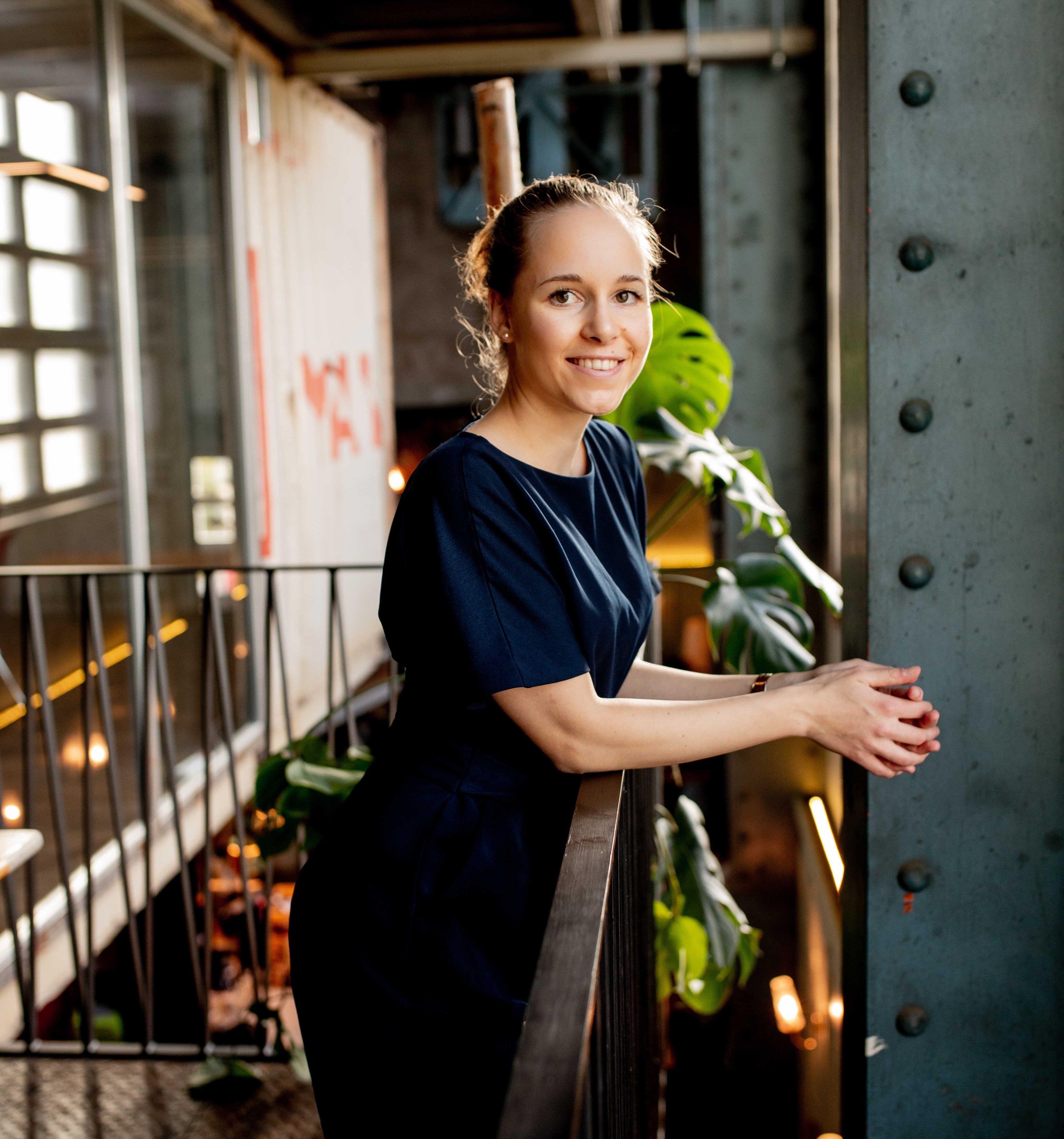High-quality lab spaces for life science clusters around the globe
Life science projects require expensive laboratory infrastructure, and maintenance costs a lot of time away from the actual scientific work. Superlab Suisse AG supports scientists by reducing these hurdles with serviced ready to move-in laboratories with shared facilities on flexible terms.
Superlab Suisse SA
15 March 2024
It all started with EXH Design, which Xi Zhang co-founded in Shanghai and later expanded to Zurich. "At EXH Design, we were doing a lot of laboratories for big pharma companies. I learned that these corporations spend huge amounts of money on such projects and employ a big team of experts to manage the project. At that point, I thought, let's create a ready to move-in labs concept so that any companies can start working from day-one." That project became Xi's recent venture, Superlab Suisse, a high-quality lab provider with global ambitions.
Standardization is the key to Superlab's business plan
In 2021, Superlab Suisse opened the first laboratory in Biopôle Lausanne, 1'500 square meters. By introducing standards for lab spaces, Superlab could manage costs to Biosafety level 2 standard and provides flexibility while ensuring that Superlab fulfills the preconditions to scale its own business. "We standardize and regulate everything, remove dependence on people, and manage construction costs very well. This gives us complete freedom to open anywhere in the world with the same quality and speed", explains Xi. Superlab has been incredibly efficient since the beginning, reaching the current growth stage with a team of only four FTEs, something Xi is very proud of. Over the course of the expansion, Xi intends to grow the team to seven or eight people – still a tiny team.
The concept empowers small companies to focus on and grow
With the standardization, Superlab ensures speed and flexibility at reasonable cost and for various needs. But that's not all. Xi has deep-dived into the scientific environment and knows processes, daily routines, and requirements very well. Accordingly, she wanted to ensure that the labs were serviced so that scientists could focus on working on their thesis and R&D projects without having to take care of cleaning or ordering materials. This service meets a significant need in the market and clearly supports the success and growth of life science startups. "In our Lausanne laboratory, multiple success stories have already been written. One company started with one lab room and soon needed two, then three. Another company has grown so much that they had to look for a lab outside of Superlab", says Xi.
Helping science to advance is a great motivation
Xi is enthusiastic and grateful to work in the science community. "They are the best people in the world. Working with scientists who want to contribute to humankind is inspiring. We want to support that by caring for everything that might distract them from their scientific work, as we benefit from their spirit." To contribute further to the speed and success of the science community, Superlab Suisse aims to have Superlab locations in every life science cluster worldwide. The following locations are going to be in Zurich and Basel. Then Geneva, London, and Boston will follow. Superlab has a high growth potential, which is also why Xi applied Superlab Suisse to the SEF.Growth program and successfully received the label. What Xi says about the SEF.Growth expert rounds: "The experts have a wealth of experience and know-how, which led to many great questions and ideas about what we could do. It was definitely a big gain for us."
Female entrepreneurship in Switzerland still encounters resistance
When asked about a particular challenge that Xi faced in building her business, she mentioned that being a female entrepreneur in Switzerland itself is a challenge. "Society tends to be more judgmental towards female founders. Entrepreneurship is hard, but female entrepreneurship is much harder. That's why it's rare and needs to be protected and supported." But Xi won't slow down working on her vision of creating a global laboratory network in all major life science clusters, where scientists can work, collaborate, and publish products.
The author

Alyssia Kugler
Communications SEF.Growth
Alyssia Kugler writes freelance for various publications on topics that concern startups. She is committed to startups as the managing director of the Entrepreneur Club Winterthur.


